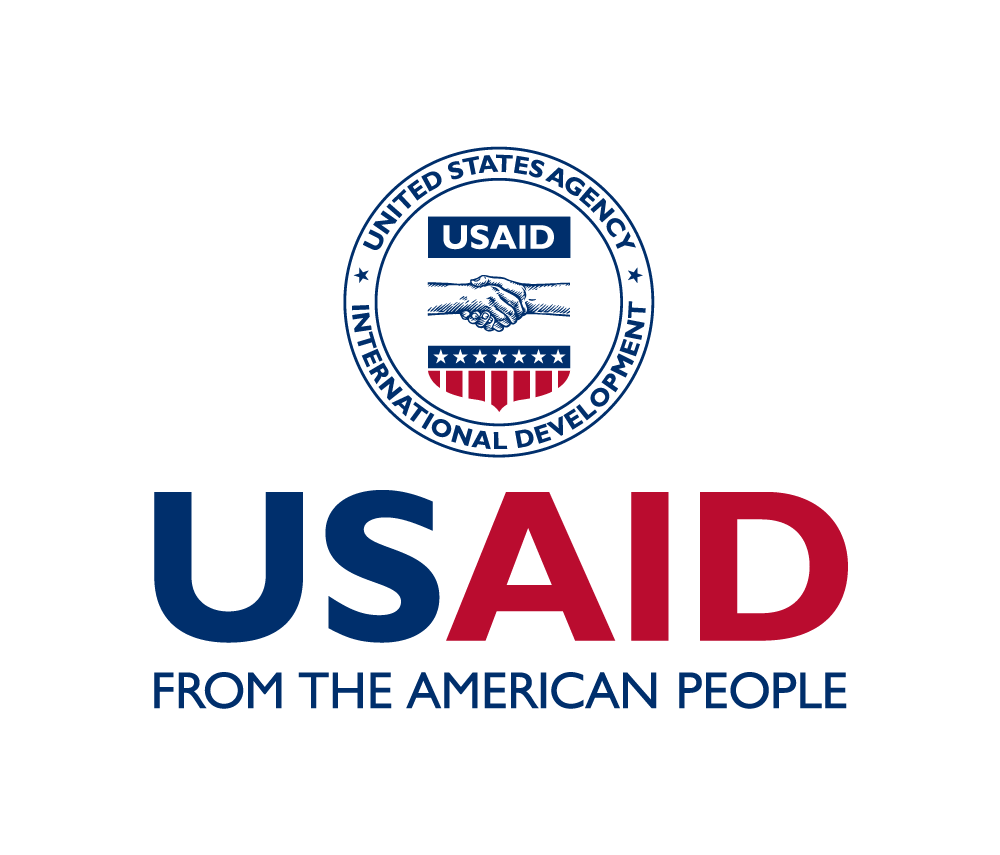Strategic Partners
Government Partners
African Wildlife Foundation appreciates its strong working relationships with national, regional, and local governments in each country where we work. Government ministries and agencies are essential partners in ensuring the long-term success of conservation actions—from developing, maintaining, and supporting an effective network of national parks to establishing policies and frameworks that prioritize conservation and sound natural resource management as vital to the future prosperity and sustainability of their countries. AWF works under formal agreements with ministries of each of the following countries:
- Republic of Bénin
- Republic of Botswana
- Republic of Burkina Faso
- Democratic Republic of Congo
- Republic of Kenya
- Republic of Mozambique
- Republic of Niger
- Republic of Rwanda
- Republic of South Africa
- United Republic of Tanzania
- Republic of Uganda
- Republic of Zambia
- Republic of Zimbabwe
AWF also forms productive working relationships with, and offers learning from the field to, Africa’s regional economic communities, including Southern African Development Community (SADC), Common Market for Eastern and Southern Africa (COMESA), East African Community (EAC), Commission for the Forests of Central Africa (COMIFAC), and Economic Community of West African States (ECOWAS). For example, land-use planning approaches and tools piloted by AWF and its partners in the Democratic Republic of Congo are presently being considered by COMIFAC, as they determine regional land-use planning guidelines for the entire Congo Basin.
Strategic Partners
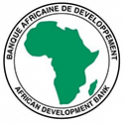
Established in 1964, The African Development Bank was created to contribute to the sustainable economic development and social progress of African countries.
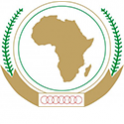
The African Union is comprised of 53 African countries. It is the largest intergovernmental organization on the continent. The AU was established to achieve greater unity among the African states, promote peace, security, and stability on the continent, and promote a sustainable economy, among many other objectives.
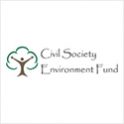
Civil Society Environment Fund – Zambia
As part of their ongoing support to the environment and natural resource sector, the governments of Denmark and Finland initiated this grant fund to support organizations engaged in environmental management in Zambia.
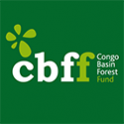
Congo Basin Forest Fund (CBFF)
Congo Basin Forest Fund (CBFF) was founded in 2008 by the African Development Bank, in partnership with the Central African Forests Commission (COMIFAC) and the United Kingdom Department for International Development (DFID). The areas of intervention for CBFF grant funding are primarily those that slow deforestation, reduce poverty among forest dwellers, and contribute to a reduction in greenhouse gas emissions while maximizing the storage of carbon.
![]()
Deutsche Gesellschaft fur Internationale Zusammenarbeit (GIZ)
GIZ (Deutsche Gesellschaft fur Internationale Zusammenarbeit) undertakes technical cooperation on behalf of the German government and in an important partner in supporting work on anti-poaching through the Polifund. GIZ is an experienced service provider and assists the German Government in achieving its objectives in the field of international cooperation.

Finland and Zambia have a relationship aimed at reducing poverty by promoting sustainable development. The main share of Finland’s aid is directed at the environment and natural resources, agriculture, and private sector development.

Food and Agriculture Organisation of the United Nations (FAO)
FAO is concerned with achieving food security for all—to ensure that people have regular access enough high-quality food to lead active, healthy lives. FAO's mandate is to raise levels of nutrition, improve agricultural productivity, better the lives of rural populations and contribute to the growth of the world economy.
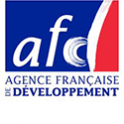
French Development Agency (AFD)
AFD provides funding and technical assistance for development projects and programs that enhance sustainable and shared economic growth and improve living conditions for the poorest. It is also focused on preserving the environment and stabilizing countries in fragile situations.
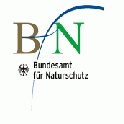
The German Federal Agency for Nature Conservation (Bundesamt für Naturschutz, BfN)
The German Federal Agency for Nature Conservation (Bundesamt für Naturschutz, BfN) is the central scientific authority of the German federal government for both national and international nature conservation. BfN is one of the government’s departmental research agencies and reports to the German Federal Ministry for the Environment, Nature Conservation and Nuclear Safety (BMU). The Agency provides BMU with professional and scientific assistance in all nature conservation and landscape management issues and in international cooperation activities. BfN furthers its objectives by carrying out related scientific research and is also in charge of a number of funding programs. BfN additionally performs important enforcement work under international agreements on species conservation and nature conservation, the Antarctic Treaty and the German Genetic Engineering Act. BfN supports AWF’s work to strengthen anti-poaching efforts in Biosphere Reserves through the BRAPA project.
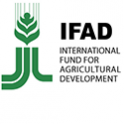
International Fund for Agricultural Development (IFAD)
IFAD is a specialized agency of the United Nations, established in 1977 as one of the major outcomes of the 1974 World Food Conference. IFAD’s goal is to empower poor rural individuals in developing countries to achieve higher incomes and improved food security and nutrition.

The Ministry for Economic Cooperation and Development (BMZ)
The Ministry for Economic Cooperation and Development (BMZ) is the key policy setting institution in German development cooperation, with the Ministry for Environment, Nature Conservation and Nuclear Safety (BMU) focusing on environment related objectives. BMZ is responsible for financing, planning and coordinating development policy and for developing corresponding strategies, principles, and programs. Over the last decade, BMZ has considerably increased the volume of pledges to partner countries and regional organizations for the conservation of biological diversity and supports AWF’s work in Southern Tanzania.

Netherlands Directorate General for International Cooperation (DGIS)
DGIS is responsible for development cooperation policy, its coordination, implementation, and funding. DGIS is focused primarily on gender, AIDS, education, sustainable economic development, and the environment.
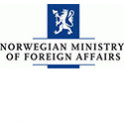
Norwegian Ministry of Foreign Affairs
The Ministry’s goals are to promote peace and security, an international legal system, economically just conditions, and sustainable development. It distributes grants to Norwegian and foreign recipients, a large share of which are reserved for development work.
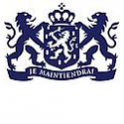
Royal Netherlands Embassy, Kenya
The Ministry of Foreign Affairs promotes Dutch interests abroad. It is focused on political, economic, development, consular, press, and cultural affairs.

Royal Norwegian Embassy, Tanzania
The Ministry of Foreign Affairs promotes Dutch interests abroad. It is focused on political, economic, development, consular, press, and cultural affairs.
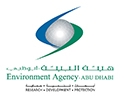
The Environment Agency – Abu Dhabi
The Environment Agency – Abu Dhabi (EAD) is a governmental agency that was established in 1996. They are committed to protecting and managing biodiversity, providing a clean environment, and promoting Sustainable Development in the Emirate of Abu Dhabi. They are also committed to giving environmental protection, regulation and natural resources conservation a high priority on the national agenda.
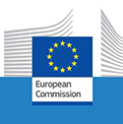
The European Commission represents the general interest of the EU and is the driving force in proposing legislation (to Parliament and the Council), administering and implementing EU policies, enforcing EU law (jointly with the Court of Justice) and negotiating in the international arena.
![]()
The World Bank is a vital source of financial and technical assistance to developing countries around the world. Its mission is focused on reducing global poverty and creating sustained development.

United Nations Development Programme (UNDP)
UNDP helps developing countries attract and use aid effectively while encouraging the protection of human rights, capacity development, and women’s empowerment.

United States Department of Interior (DOI)
The U.S. Department of the Interior uses sound science to manage and sustain natural resources—including water, wildlife, and energy.
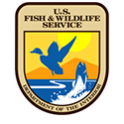
United States Fish and Wildlife Service (USFWS)
U.S. Fish and Wildlife Service is a bureau within the Department of the Interior. Its mission is to work with others to conserve, protect, and enhance fish, wildlife, and their habitats.

